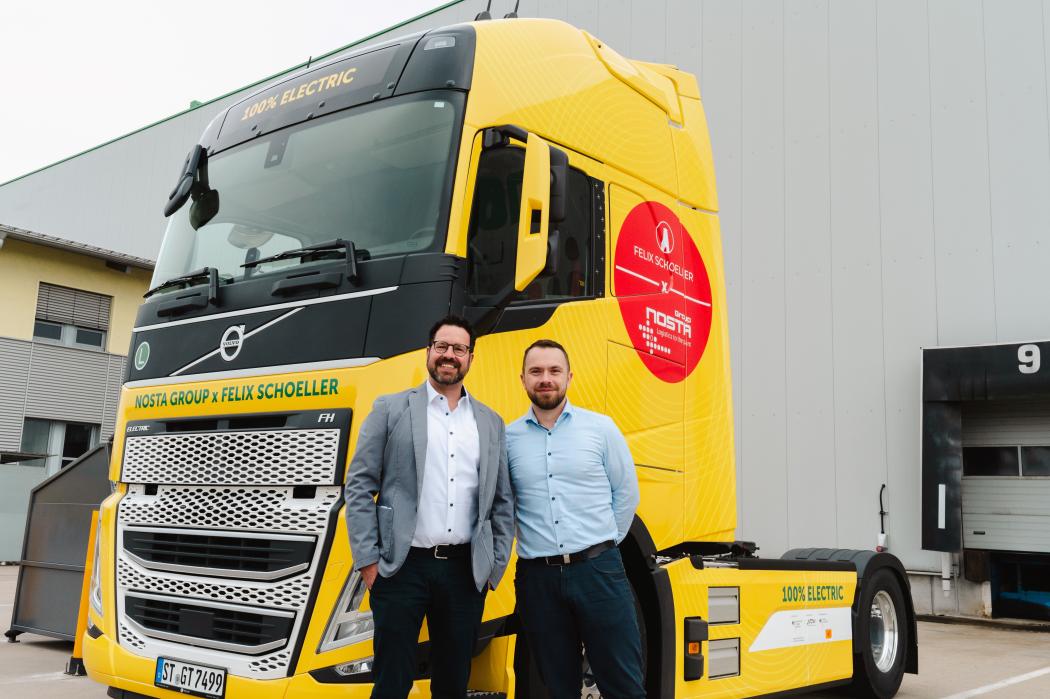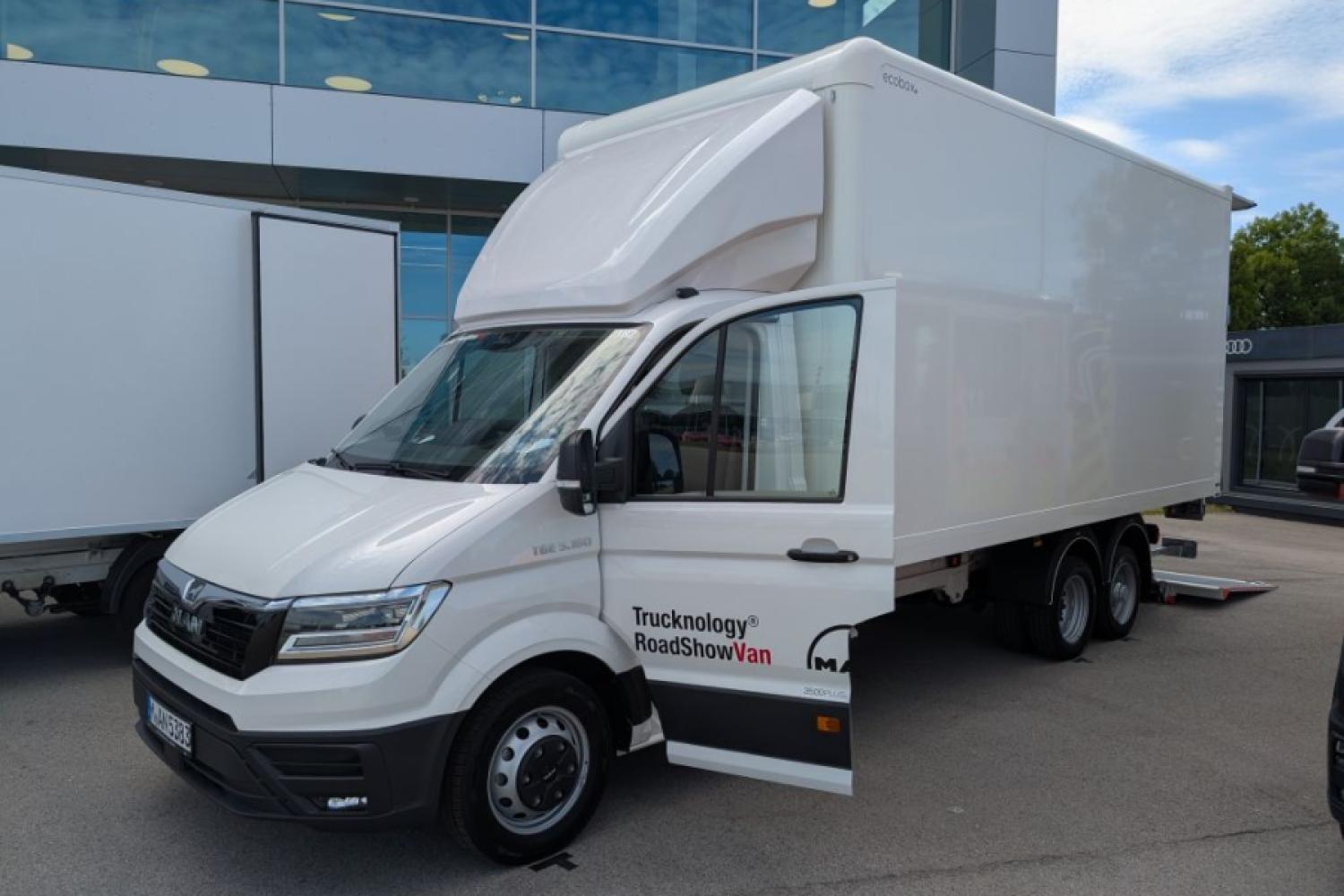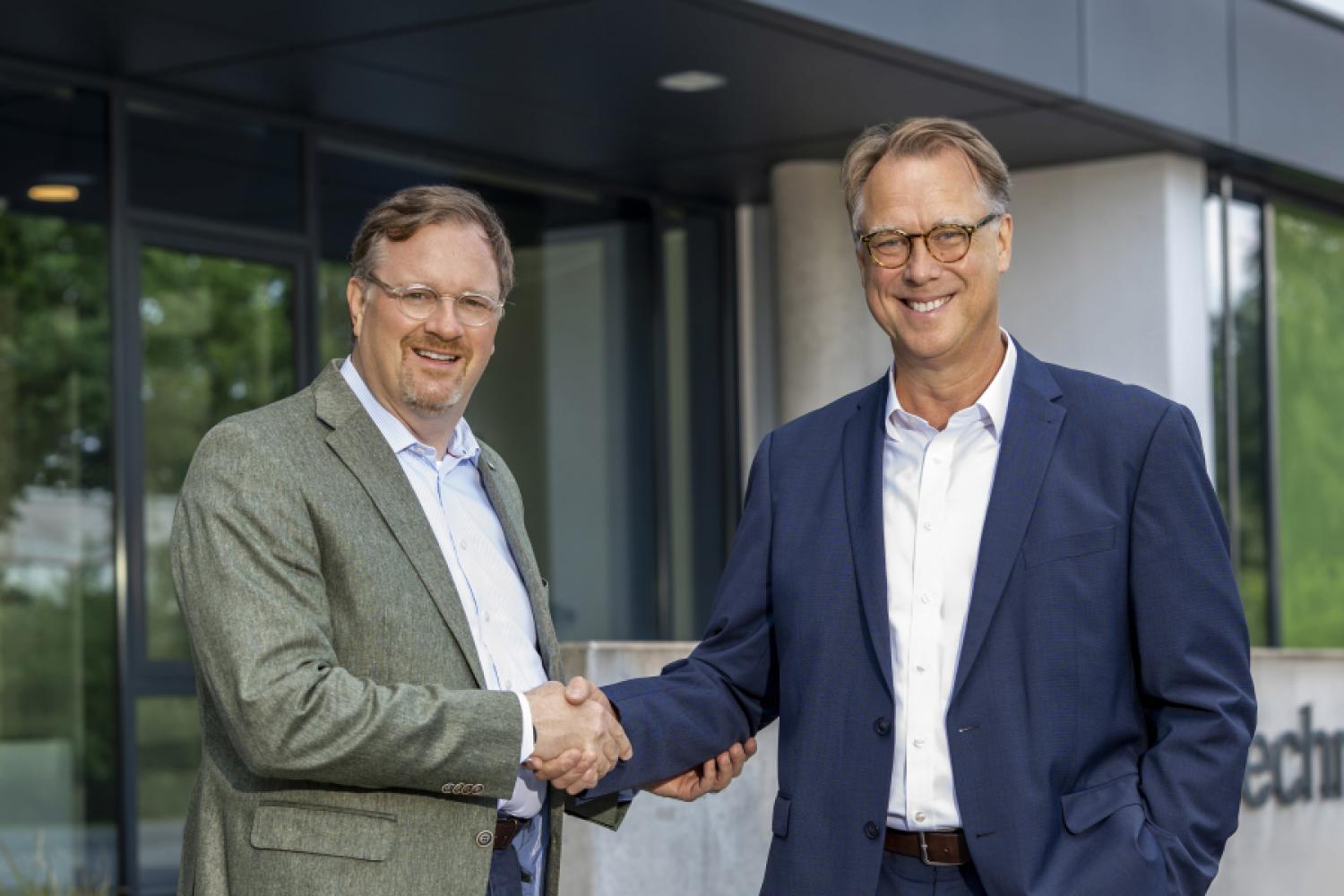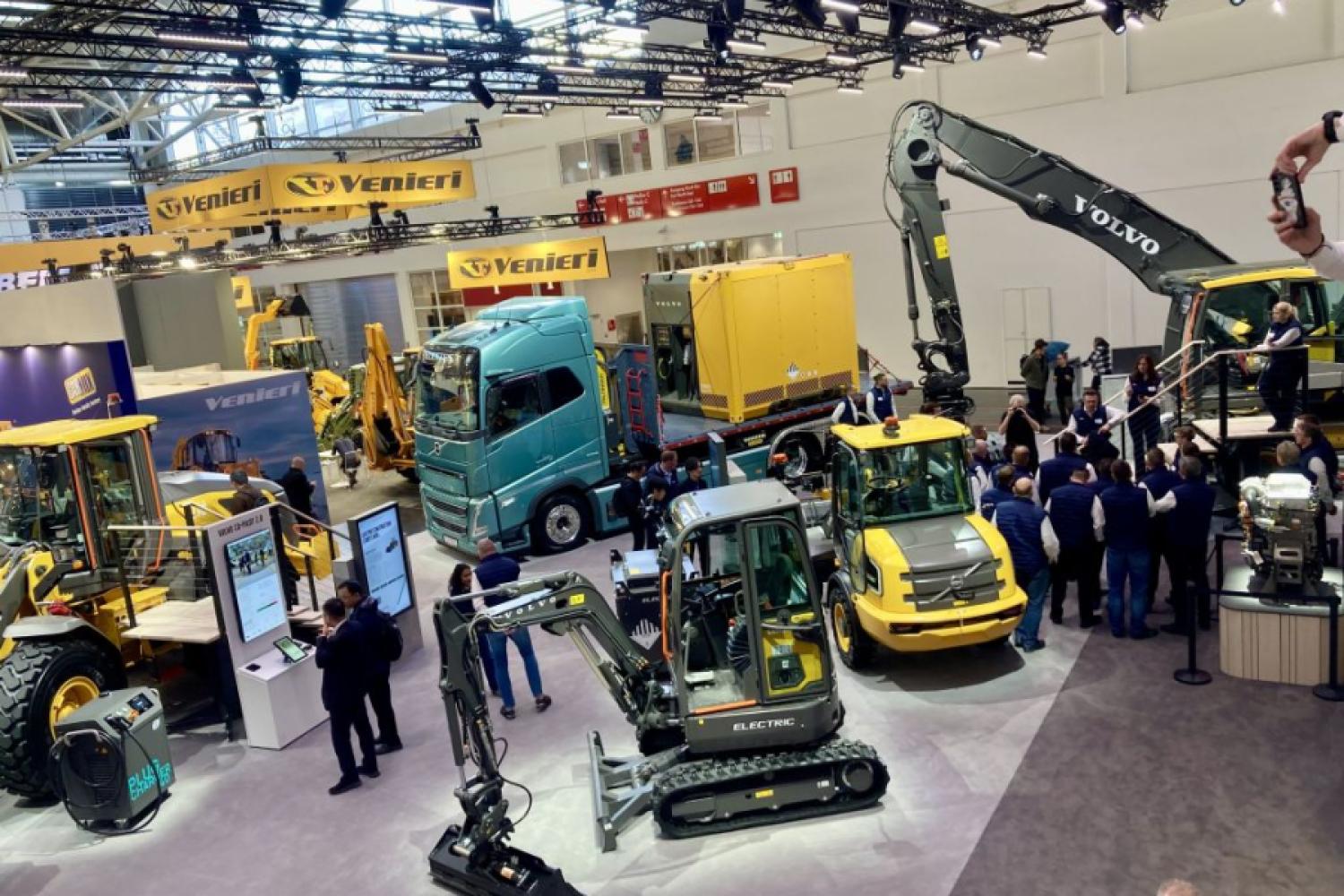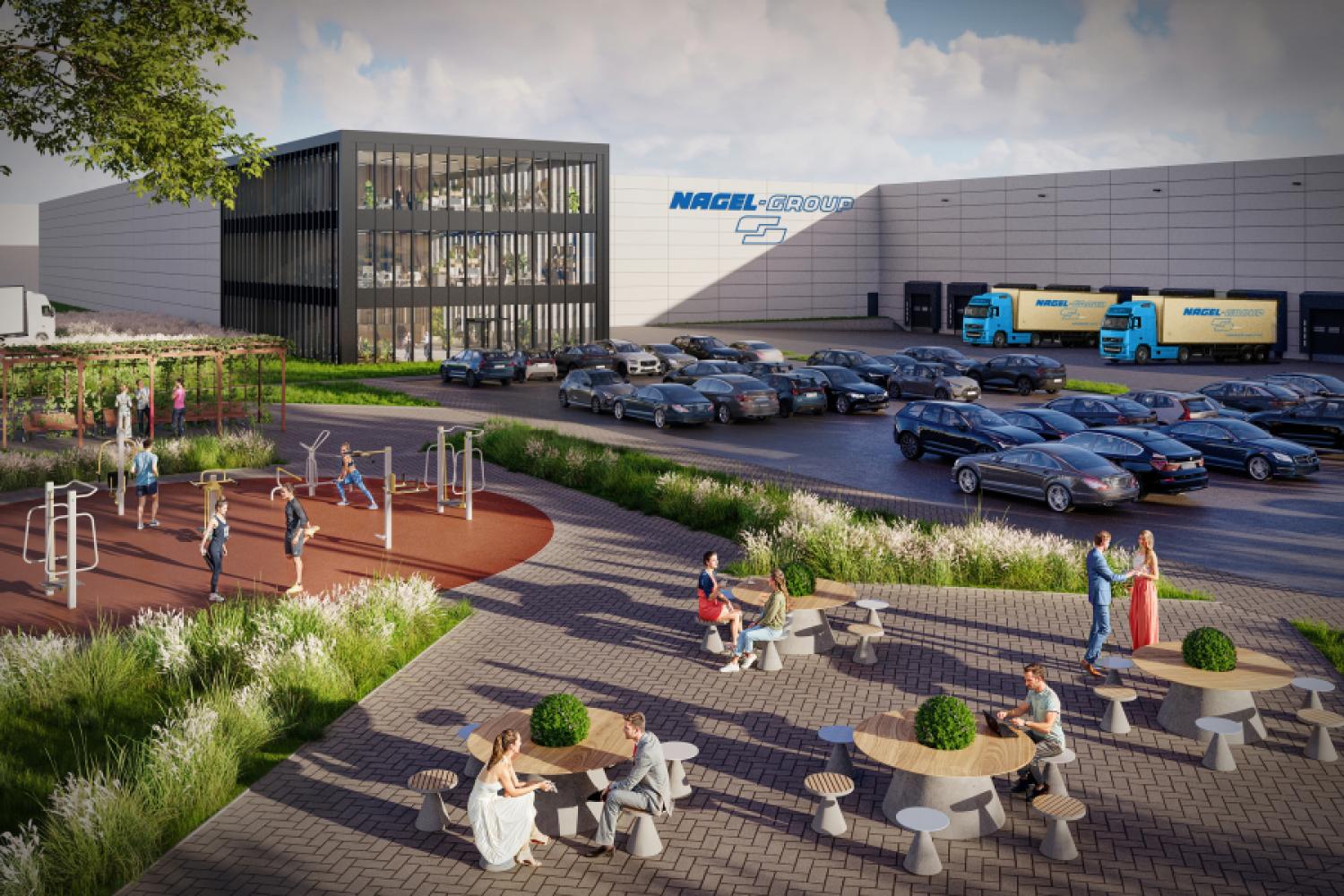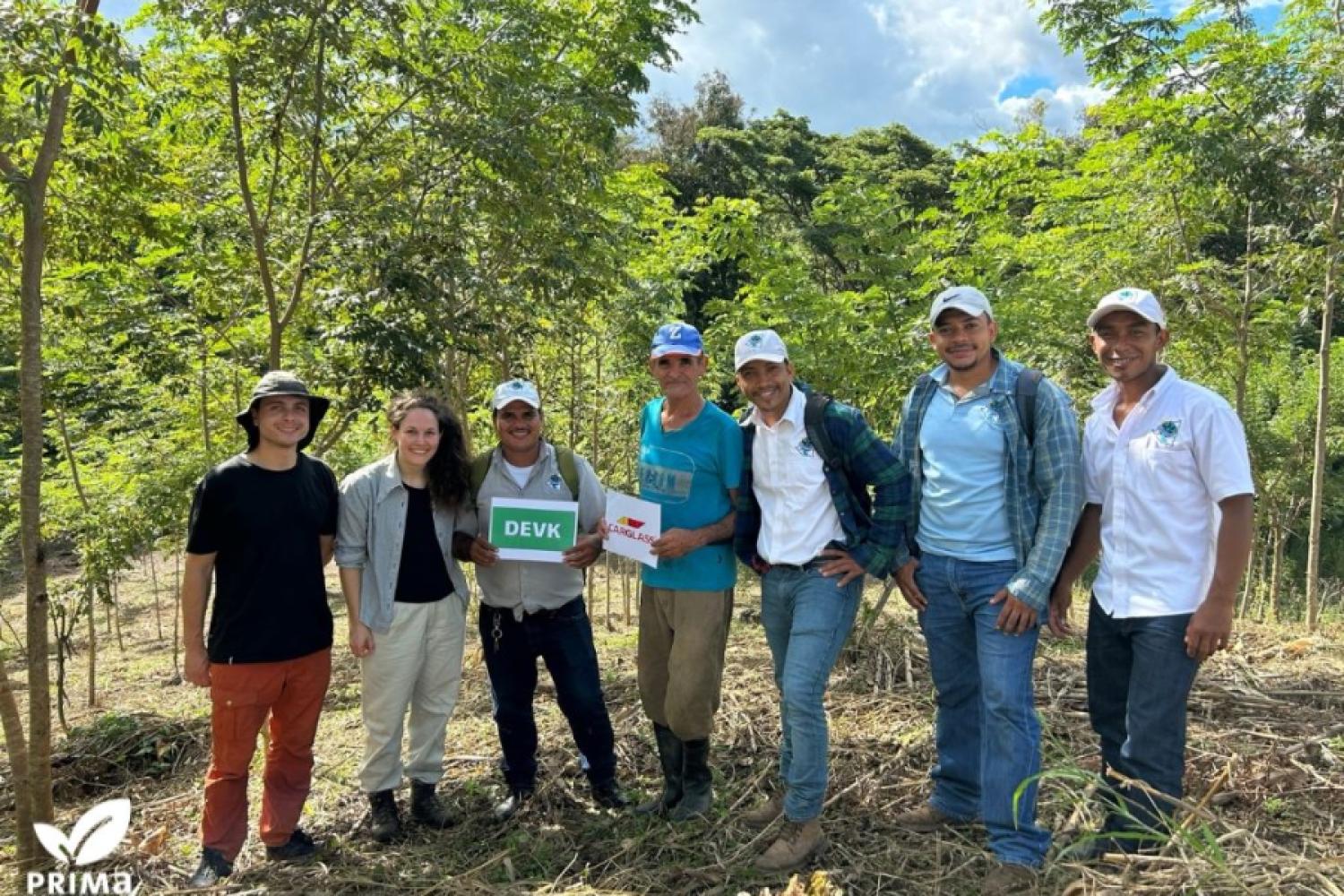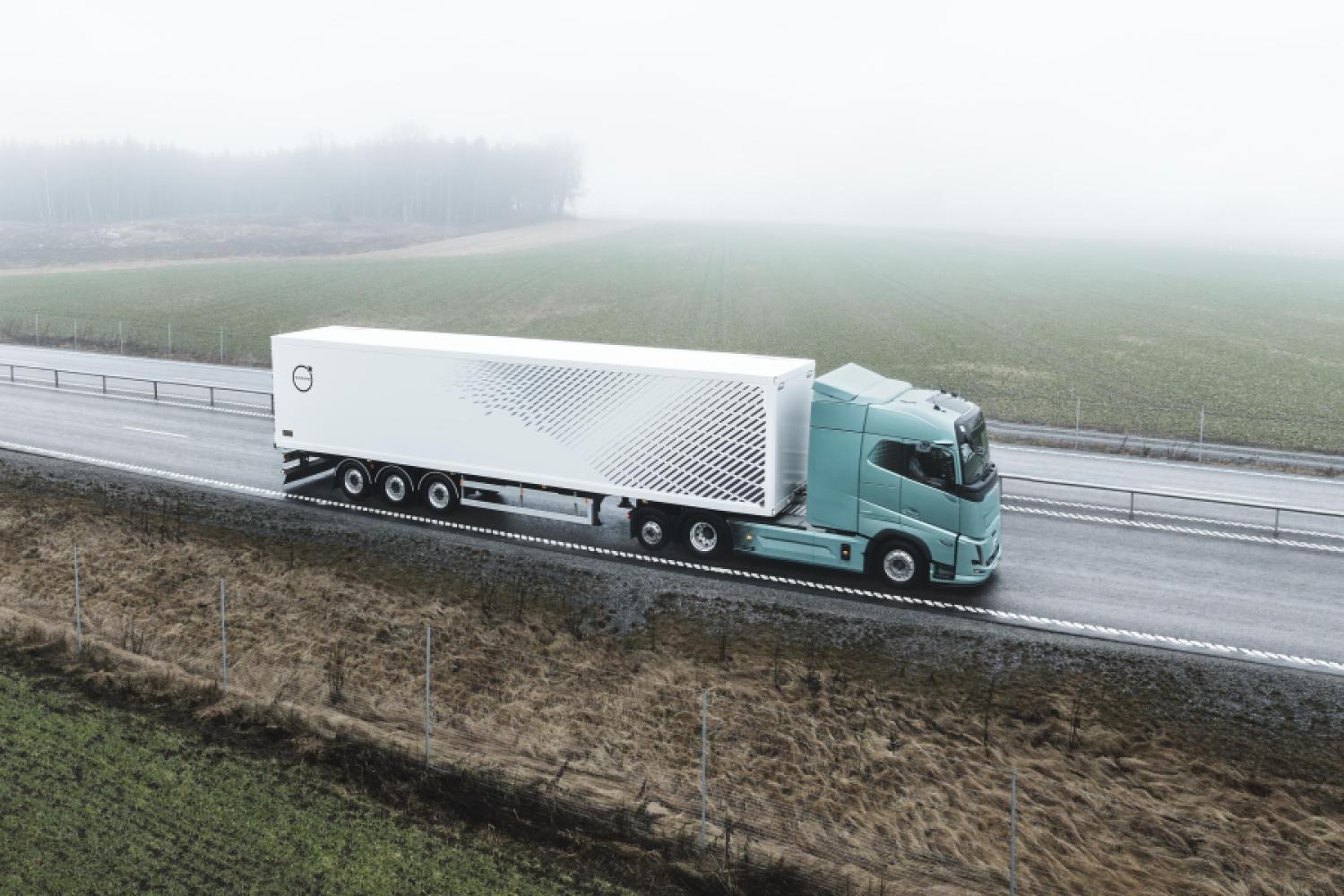One year after the start of their joint e-truck project, the specialty paper manufacturer Felix Schoeller and the logistics service provider Nosta Group have drawn a positive balance: Since spring 2024, an electric shuttle has been running daily between the plant in Weißenborn and the warehouse in Siebenlehn. The three deployed Volvo electric trucks have since covered approximately 150,000 kilometers, saving more than 180,000 kilograms of CO₂ and nearly 70,000 liters of diesel in the process. The projected savings
have thus been exceeded.
“Our drivers regularly report to me that people along the route keep looking in amazement at the vehicles. Our trucks were even a topic in an elementary school along the route. Real eye-catchers indeed!” said Jörg Prochaska, Regional Manager Business Development and Head of the Nosta branch in Siebenlehn.
Reduced Air Pollution and Decreased Noise Nuisance
For Felix Schoeller, the project is more than a technological showcase: It is a key component of the company’s
long-term sustainability strategy. The goal is to actively shape the mobility transition in freight transport and to make their own transport logistics less dependent on fossil fuels.
“Initially, we were able to reduce our carbon footprint through the emissions-reduced transport. Additionally, we’re seeing significantly reduced air pollution and noticing decreased noise nuisance,” commented Alexander Remy, Process Manager Supply Chain and Logistics at Felix Schoeller, on the results of the e-truck deployment.
The system convinces in day-to-day business. The driving
staff specifically praises the smooth driving behavior and immediate performance of the electric tractors. Teething troubles such as loading problems and minor vehicle errors at the start of the project have since been resolved through targeted software updates. The concern about increased electricity consumption during the cold season has not been confirmed: Consumption values increased only slightly by less than ten percent in winter.
The joint project of the two companies is scheduled to continue until at least 2029.
